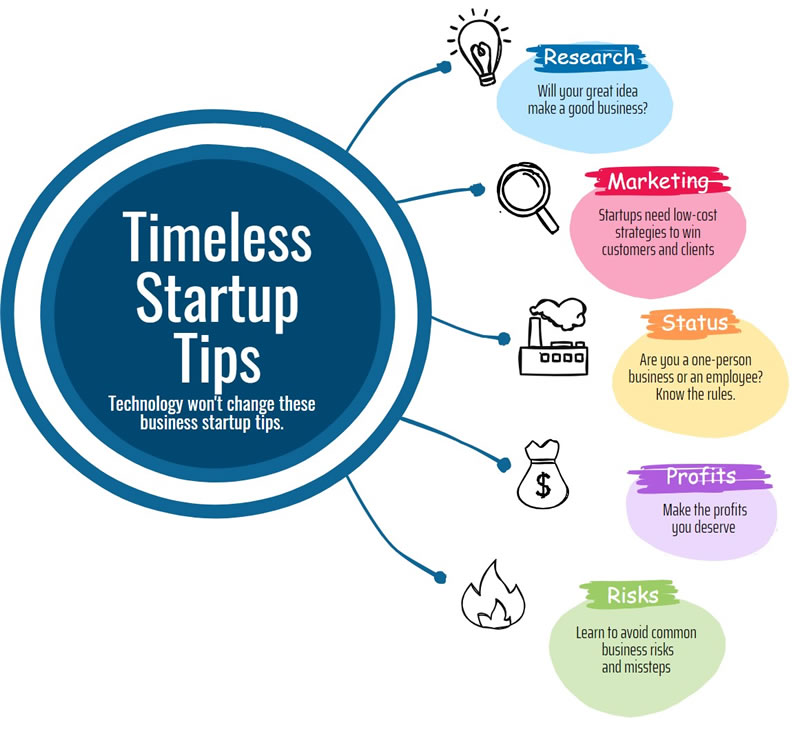
Empowering Entrepreneurs E-Commerce Startup Tactics
Unveiling E-Commerce Startup Tactics
Introduction: The Path to E-Commerce Success
Embarking on the journey of launching an e-commerce startup can be both exhilarating and daunting. In today’s digital age, the online marketplace offers unprecedented opportunities for entrepreneurs to reach global audiences and build thriving businesses. However, success in the e-commerce realm requires more than just setting up a website and listing products. It demands strategic planning, innovative tactics, and a deep understanding of the digital landscape.
Market Research: Understanding the Digital Terrain
Before diving headfirst into the world of e-commerce, aspiring entrepreneurs must first conduct thorough market research. This involves analyzing industry trends, studying competitors, and identifying target audiences. By gaining insights into consumer preferences, pain points, and buying behaviors, entrepreneurs can tailor their e-commerce strategies to meet the needs of their target market effectively.
Choosing the Right E-Commerce Platform: Building a Solid Foundation
Selecting the right e-commerce platform is crucial for laying a solid foundation for success. Whether it’s Shopify, WooCommerce, or Magento, each platform comes with its own set of features, customization options, and pricing structures. Entrepreneurs must carefully evaluate their business needs, scalability requirements, and budget constraints before making a decision. By choosing the right platform, they can create a seamless shopping experience for their customers and streamline their operations.
Optimizing the User Experience: Crafting an Intuitive Interface
In the world of e-commerce, the user experience reigns supreme. Entrepreneurs must prioritize creating an intuitive interface that makes it easy for customers to navigate, browse, and purchase products. This involves optimizing website design, simplifying checkout processes, and ensuring mobile responsiveness. By prioritizing user experience, entrepreneurs can reduce bounce rates, increase conversion rates, and foster customer loyalty.
Content Creation: Engaging and Informative Product Descriptions
Compelling product descriptions can make all the difference in e-commerce success. Entrepreneurs must invest time and effort into crafting engaging, informative, and persuasive copy that highlights the features, benefits, and unique selling points of their products. Additionally, high-quality product images and videos can enhance the shopping experience and help customers make informed purchasing decisions. By prioritizing content creation, entrepreneurs can differentiate their brand, build trust with customers, and drive sales.
Search Engine Optimization (SEO): Driving Organic Traffic
In the vast landscape of the internet, visibility is key to e-commerce success. Entrepreneurs must implement effective SEO strategies to improve their website’s search engine rankings and drive organic traffic. This involves optimizing product pages, creating valuable content, and building quality backlinks. By ranking higher in search engine results pages, entrepreneurs can attract more potential customers to their website and increase brand visibility.
Social Media Marketing: Leveraging the Power of Social Networks
Social media has become an indispensable tool for e-commerce entrepreneurs looking to connect with customers and drive sales. Platforms like Facebook, Instagram, and Twitter offer unique opportunities for entrepreneurs to showcase their products, engage with their audience, and build brand awareness. By crafting compelling content, running targeted ads, and fostering authentic interactions, entrepreneurs can leverage the power of social media to grow their e-commerce business.
Email Marketing: Nurturing Customer Relationships
Email marketing remains one of the most effective channels for e-commerce entrepreneurs to nurture customer relationships and drive repeat business. By building an email list and sending targeted campaigns, entrepreneurs can keep their audience informed about new products, promotions, and discounts. Personalized email content tailored to the interests and preferences of each subscriber can help entrepreneurs deepen engagement, foster loyalty, and increase customer lifetime value.
Analytics and Data Analysis: Making Informed Decisions
In the world of e-commerce, data is king. Entrepreneurs must leverage analytics tools to track key performance metrics, monitor customer behavior, and gain actionable insights into their e-commerce operations. By analyzing data trends and patterns, entrepreneurs can identify areas for improvement, optimize marketing campaigns, and make informed decisions that drive business growth. With the right data-driven approach, entrepreneurs can continuously refine their e-commerce strategies and stay ahead of the competition. Read more about e commerce startups


